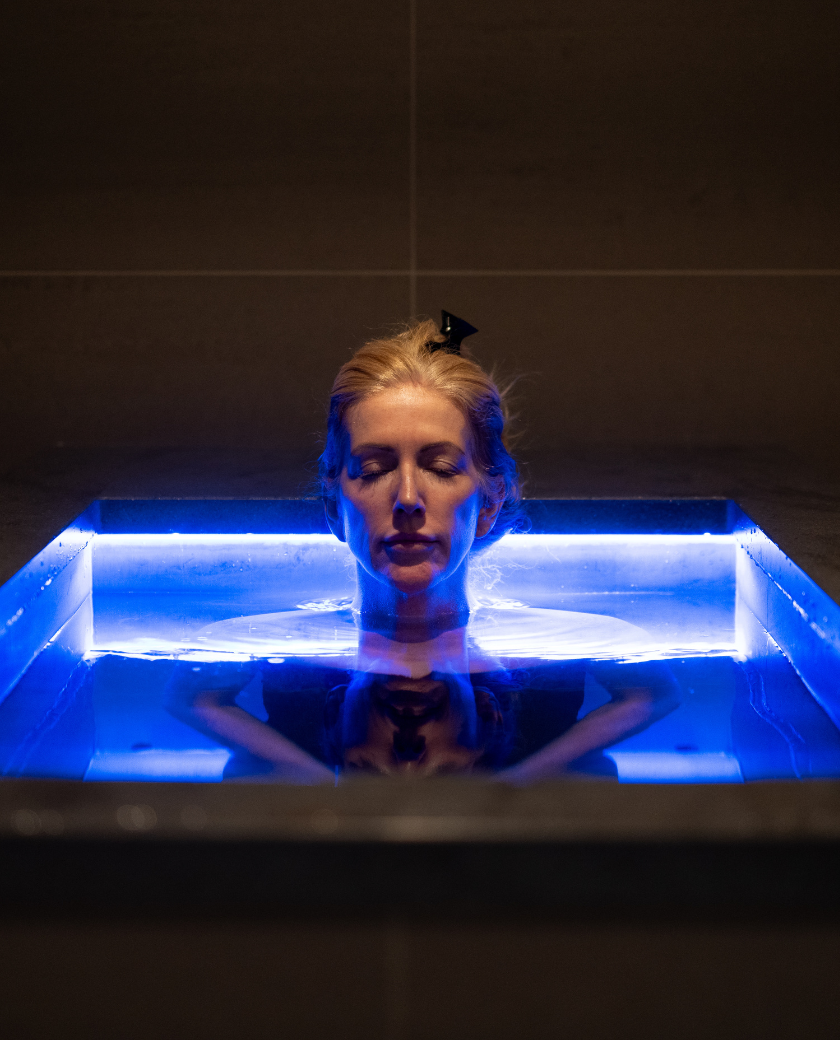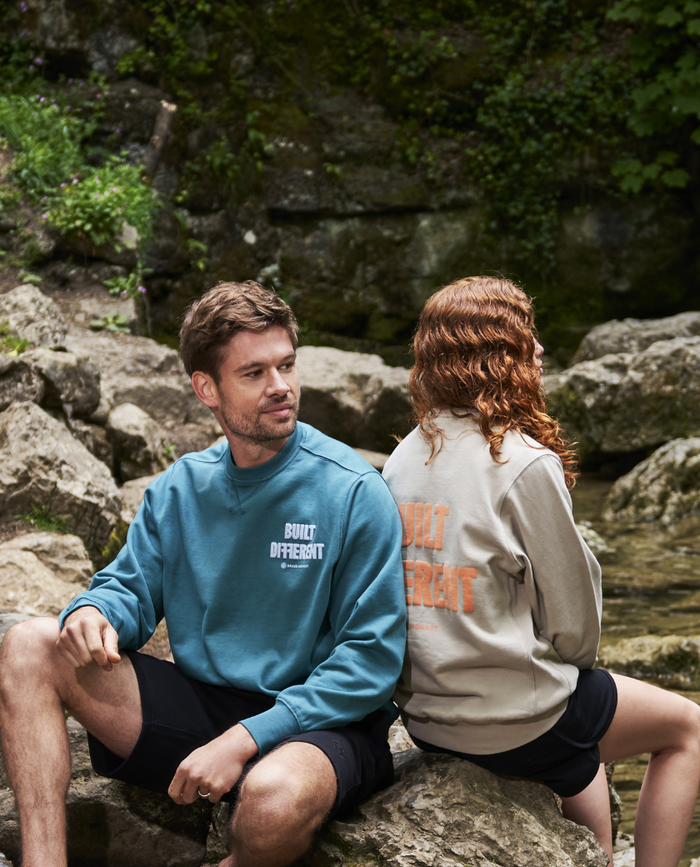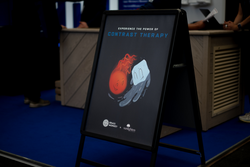Building Resilience Through Cold: The Science of Ice Baths and Stress Management

What Resilience Really Means
Resilience is the ability to adapt and recover effectively from adversity, trauma, or significant stress. It involves maintaining or quickly regaining mental, emotional, and physical wellbeing after facing stressful mental or physical challenges. This capacity enables individuals to navigate difficulties, learn from experiences, adapt to change and emerge stronger. Resilience is not an innate trait but a dynamic process that can be developed through coping strategies and external practices like cold water therapy, social support, and self-awareness.
How Ice Baths Build Resilience
When you step into an ice bath, you're doing much more than cooling your body—you're engaging in a practice called hormesis, a fascinating biological principle where small doses of stress create powerful adaptive benefits.
Hormesis describes the phenomenon where low doses of a potentially harmful stressor induce positive adaptive effects, while higher doses could be detrimental. In the context of cold water therapy and ice baths, brief and controlled immersion in cold water acts as a hormetic stressor, prompting the body to adapt, become more resilient over time to the stressors of our daily lives.
This process of hormesis is how we've adapted as humans over thousands of years and how we've survived as a species. Exposure to different stressors such as famine, extreme cold or heat made us stronger as we adapted to the change. Today, we can create this beneficial hormesis in a safe, controlled environment to help combat our modern age's biggest threat: chronic stress.
What Happens in Your Body During An Ice Bath
That first breathtaking moment when cold water touches your skin sets off an incredible cascade of responses in your body:
- Activation of the Sympathetic Nervous System: When you first feel the cold, thermoreceptors in your skin send rapid signals to your brain, activating the hypothalamus, which governs thermoregulation. This "cold shock" response activates your sympathetic nervous system—your 'flight-or-flight' mode. Your body releases catecholamines (adrenaline, noradrenaline, and cortisol), increasing your heart rate, blood pressure, and breathing rate to prepare you for the stress and challenge. While chronic cortisol elevation can be harmful, these short, controlled spikes during and ice bath enhance your ability to manage the stress you face in daily life as you adapt. You can learn more about ice baths and effects on the nervous system here.
- Subsequent Parasympathetic Activation: As you adapt to the cold and gain control of your breath—essentially signalling to your body that you're safe—your parasympathetic nervous system engages, bringing a sense of calm. This natural shift helps balance the initial stress response, slowing your heart rate and creating that sense of tranquility many cold dippers love. Regular practice trains your autonomic nervous system to transition more smoothly between these states, improving your emotional regulation and building resilience to future stressors in whatever form they come.
- Thermogenesis: Your body also activates brown adipose tissue (brown fat), generating heat through non-shivering thermogenesis. Beyond just keeping you warm, this process improves your metabolic efficiency.
Changes in Your Brain
The benefits of cold exposure extend beyond your body to your brain. Fascinating functional MRI studies have revealed that cold water immersion actually alters brain connectivity, especially between regions involved in emotion processing, such as the parietal cortex and medial prefrontal cortex. These changes help explain why you might feel more positive, alert, and mentally clear after your cold plunge.
The cold also triggers the release of mood-boosting neurotransmitters like dopamine and serotonin. Additionally, the β-endorphins released during cold immersion contribute to pain relief and that sense of wellbeing that keeps people coming back to their cold practice.
Why This Matters: Fighting "Inflammaging"
Chronic stress has emerged as a significant contributor to numerous health issues, primarily through promoting inflammation—a key factor in aging and age-related diseases.
Scientists have coined the term "inflammaging"—combining "inflammation" and "aging"—to describe the chronic, low-grade inflammation that typically accompanies aging. This persistent inflammatory state is linked to various conditions, from heart disease to diabetes and neurodegenerative disorders. The underlying mechanisms involve an imbalance between pro-inflammatory and anti-inflammatory processes, made worse by prolonged exposure to stress.
While short-term stress can temporarily boost immune function, chronic stress does the opposite—leading to immune suppression and increased inflammation. This prolonged stress response raises levels of inflammatory markers like interleukin-6 (IL-6) and tumour necrosis factor-alpha (TNF-α), contributing to various chronic diseases.
Building Your Resilience Practice
Regular cold water immersion trains both your body and mind to better handle stress:
- Mental Toughness: Voluntarily facing the discomfort of cold water builds mental fortitude, teaching your brain to remain calm and composed when life gets challenging.
- Improved Stress Response: By repeatedly activating your stress response in a controlled way, cold therapy helps modulate your stress hormones, leading to a more balanced response to everyday pressures.
- Enhanced Recovery: Physically, cold immersion reduces muscle inflammation and soreness, helping your body recover more quickly after exercise or physical strain. Visit our section on ice baths for sports, fitness and recovery here to discover more.
By embracing the principles of hormesis through practices like ice baths and cold water therapy, you can build both mental and physical resilience, enhancing your overall health and wellbeing while potentially slowing the progression of age-related inflammatory diseases. Your body has an amazing capacity to adapt—cold water therapy simply helps you tap into this natural potential.












